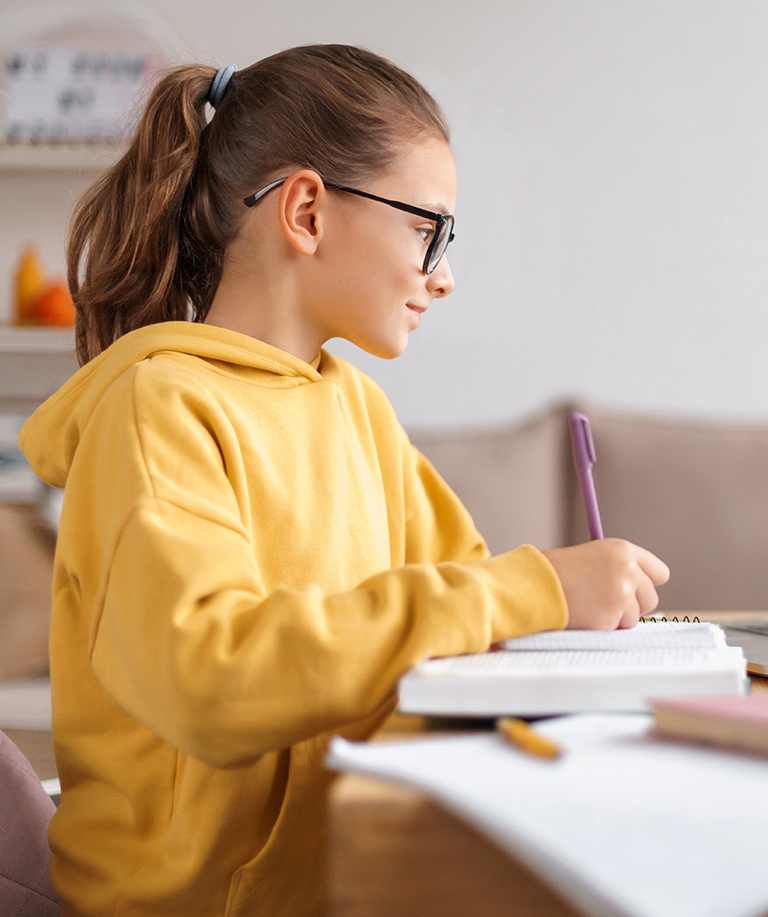Social anxiety in teens is a common mental health condition that goes beyond typical shyness or occasional nervousness. It often causes intense fear of social situations, making it difficult for teens to interact with peers, maintain friendships, or participate in everyday activities. This anxiety can significantly disrupt a teen’s well-being and development if left unaddressed.
Teens with social anxiety might avoid social events, experience low self-esteem, or show signs of distress such as intense shyness or withdrawal. The condition can affect their academic performance, personal growth, and even physical health. Understanding these signs is crucial for providing timely support and effective treatment.
Addressing social anxiety early can help teens regain confidence and improve their social skills. Treatments like cognitive-behavioral therapy and, in some cases, medication, are proven methods to reduce symptoms and encourage healthier coping strategies. Recognizing and responding to social anxiety enables teens to navigate social challenges more effectively.
Understanding Social Anxiety in Teens
Social anxiety in teens involves intense fear or discomfort in social settings. It affects interactions with peers, performance in school, and emotional well-being. The condition often shows specific symptoms, occurs around identifiable triggers, and impacts both emotional health and academics.
Key Symptoms of Social Anxiety
Teens with social anxiety often exhibit extreme shyness and avoid social interactions. They may fear being judged, criticized, or embarrassed in front of others. Physical signs such as blushing, sweating, trembling, or a rapid heartbeat are common during social situations.
Other behavioral symptoms include reluctance to speak in class, avoiding eye contact, and isolating themselves from peers. Poor personal hygiene or withdrawal from social activities can also be indicators. These symptoms usually persist over months and interfere with daily functioning.
Common Triggers in Adolescent Life
Typical triggers include speaking in front of the class, attending social gatherings, or meeting new people. Performance situations like presentations, sports, or group projects can heighten anxiety. Teen concerns about appearance, acceptance, or embarrassment also increase vulnerability.
Social media and peer pressure may exacerbate fears by increasing self-consciousness. Family dynamics and previous negative social experiences can also trigger or worsen symptoms. These triggers often lead to avoidance behavior, restricting social and academic opportunities.
Emotional and Academic Impact
Social anxiety can cause feelings of isolation, sadness, or low self-esteem. Teens may experience frustration or hopelessness due to difficulty managing interactions. This emotional distress often leads to increased stress and may contribute to other mental health issues.
Academically, social anxiety can reduce classroom participation and hinder group work performance. Fear of negative evaluation might cause procrastination or absenteeism. Over time, academic progress may suffer due to avoidance of school-related social challenges.
Strategies for Managing Social Anxiety
Managing social anxiety involves specific tools and support systems tailored to teenagers. Approaches vary from personal coping methods to guidance from adults and professional intervention when necessary.
Effective Coping Techniques
Teens benefit from practicing gradual exposure to social situations they find challenging. Facing these scenarios repeatedly helps reduce anxiety and builds confidence over time. Techniques such as deep breathing, mindfulness, and positive self-talk can help manage immediate stress.
Cognitive-behavioral strategies teach teens to identify and challenge negative thoughts about social interactions. Keeping a journal to track triggers and progress can support self-awareness. Encouraging participation in low-pressure group activities also promotes social skills development.
Parent and Teacher Support
Adults play a crucial role by providing a stable, understanding environment. Parents and teachers should encourage small social goals and celebrate achievements to foster a sense of progress. Open communication allows teens to express fears without judgment.
Teachers can offer accommodations like allowing extra time for presentations or alternative ways to participate in class discussions. Parents can help by modeling calm social behavior and encouraging consistent routines to reduce uncertainty. Both should avoid forcing social situations too quickly, which could increase resistance.
When to Seek Professional Help
Professional support is advisable if anxiety severely limits daily activities or causes distress for an extended period. Signs include avoiding school, persistent intense fear, or physical symptoms like nausea.
Therapists often use Cognitive-Behavioral Therapy (CBT), which has strong evidence for effectiveness in social anxiety. Medication may be considered in some cases, alongside therapy. Early intervention improves outcomes, so professionals should be contacted if coping strategies and support are not enough.









Leave a Reply